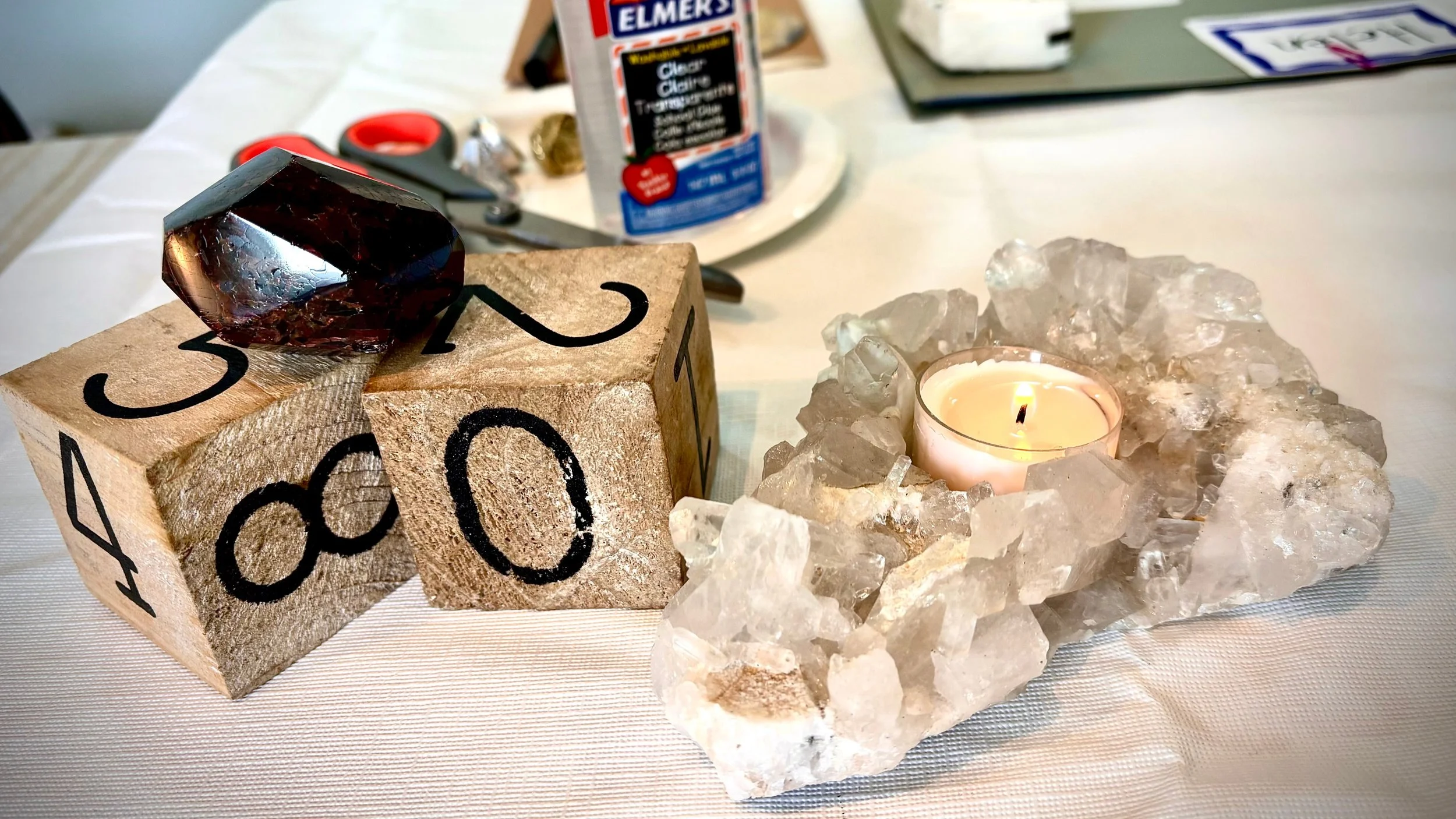Beat the Winter Blues
Winter has begun. It is dark and cold, and after the Holidays have passed, there generally isn't as much to look forward to in the next couple of months- except the coming of spring.
As an Integrative Wellbeing Coach, it's not surprising that January can be one of my busiest months. As soon as the Holidays are over, I tend to see more clients looking for help to ease the winter blahs.
What are the Winter Blues?
The "Winter Blues" used to be commonly called Seasonal Affective Disorder; now, the Diagnostic and Statistical Manual on Mental Disorders identifies it as a recurrent type of Major Depressive Disorder with a "seasonal pattern" since it can be experienced in both winter and summer. Whatever it is called, it is very real and impacts many people. Most people who experience seasonal depression in winter report feeling tired, unmotivated, and just plain sad during the cold, dark months from January to March.
There are numerous reasons people develop seasonal depression, most of them being purely biological, meaning as humans, we need sunshine. Genetically, some of us are just more prone to the winter blahs - with an underproduction in serotonin (the chemical that affects our mood) and an overproduction in melatonin (the chemical our brain produces that makes us feel tired when the sun goes down). Sunshine helps maintain serotonin levels, and combat increased melatonin production. It's no wonder those of us with winter blues feel more tired and lethargic in the winter months when there is less sunlight. What a tough combination.
Another reason is that most people are less active in winter. Less movement leads to decreased serotonin and dopamine production, which means more feelings of depression. Serotonin is a chemical that carries messages between nerve cells in the brain and throughout the body. Serotonin influences learning, memory, happiness, regulating body temperature, sleep, sexual behavior, and hunger. Dopamine is a neurotransmitter that plays a role in pleasure, motivation, and learning- often called the chemical messenger. Dopamine helps us to strive, focus, and find things of interest.
With all the holidays and mood challenges, we tend to also eat endless amounts of processed foods. These foods contribute to more inflammation in the gut, further hindering serotonin production. It's no wonder we feel so "blah."
Beyond the biological reasons that might contribute to the winter blues, there can also be interpersonal reasons leading us to feel more sadness at this time of year. While the holidays may be joyful for some, they can cultivate feelings of burnout, anxiety, overspending, and loneliness for others. This time of year can remind us of the missing relationships and people in our lives. For some, spending the holiday with family does not exactly equal joy. Family interactions can dredge up unpleasant memories, emotions, and unresolved issues, leaving us feeling hurt and resentful long after the family gatherings.
Beating the Winter Blues
If you find yourself feeling blue, know that you are not alone. The good news is that spring and more sunshine is coming. In the meantime, here are some proven ways to lessen the impact of the winter blues.
GO OUTSIDE: Yes, it is cold outside – but bundle up! You will feel better if you simply go out for a 10-minute walk when the sun is out. Consider a winter hike, cross-country skiing, ice skating, or bird watching.
EAT WELL: Clean up your diet. Reduce your consumption of processed foods and foods high in sugar. These foods increase inflammation in the gut. By reducing the inflammation in the gut, you can decrease your feelings of depression.
MOVE: Move your body in a way that will make you happy. Turn on some music and dance in your living room, take a walk, take a yoga class, or do anything that will increase your heart rate for at least 10 minutes. Increased movement will increase serotonin and dopamine, making you naturally happier!
PRACTICE GRATITUDE: Take time to notice what is GOOD in your life. Spending a few minutes daily focusing on the good you notice can do wonders for your mental health. Consider sharing three things a day that you are grateful for with another person. Start a gratitude journal and write about the positive things in your life.
BUY A LIGHT THERAPY BOX: Lightboxes mimic natural sunlight and can cause a chemical shift in the brain to improve mood.
TRAVEL TO A SUNNY DESTINATION: Break up the intensity of the darker months with a trip to bask in the sun.
Cheers to feeling better this winter!
Jenny



Why do we repeat the same patterns, even when we “know better”? Jenny uses Portia Nelson’s classic poem to unpack the quiet, natural steps of transformation and what it means to finally choose another way forward.
Read More